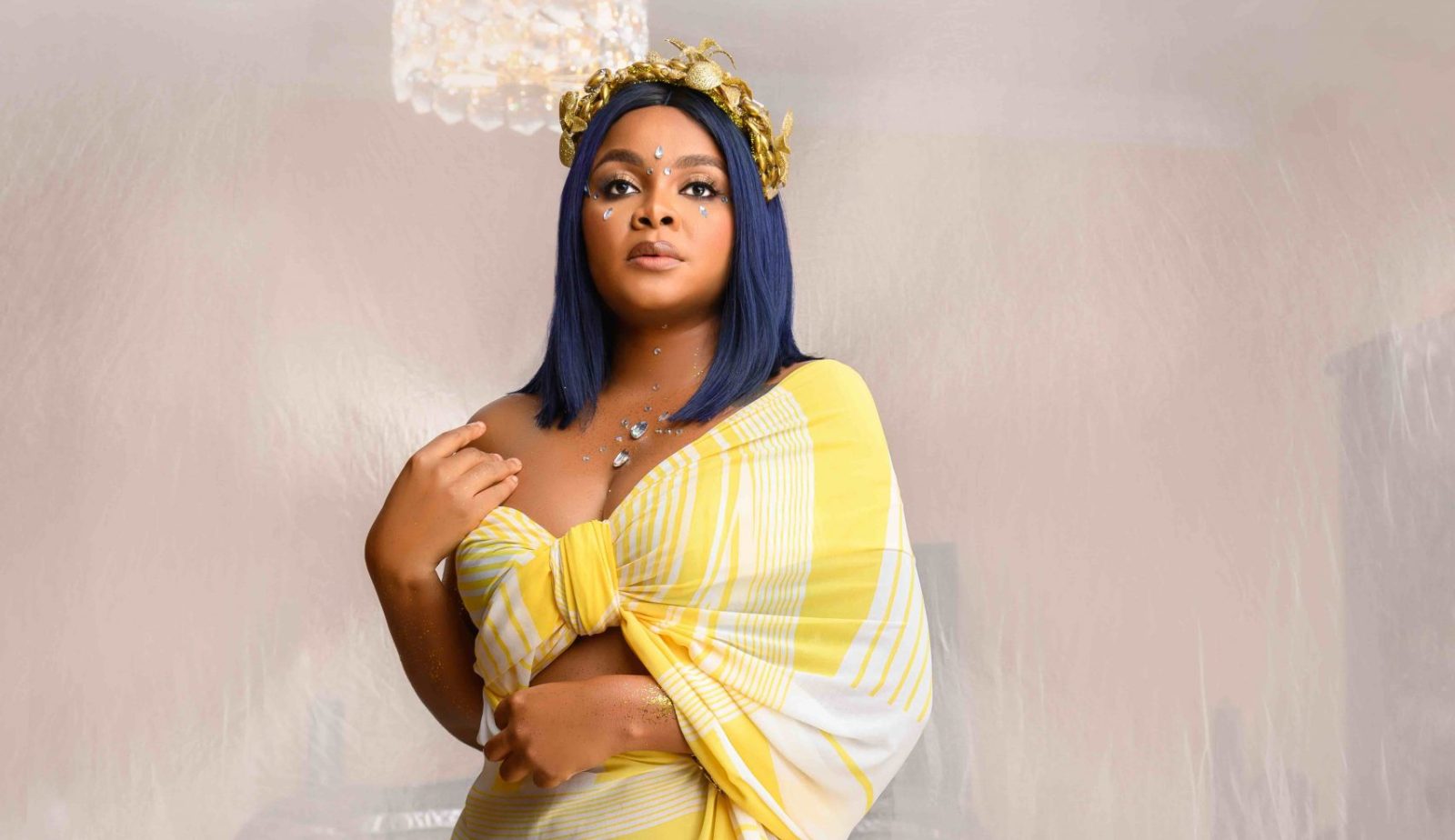Nigerian rapper, Vector, has candidly shared the challenges he has faced throughout his career, revealing the steep price he has paid for insisting on staying true to himself in an industry and a country where conformity often reigns supreme.
In a revealing conversation, Vector detailed how his refusal to compromise on his art and his voice has led to significant pushback, including what he describes as being “shadow banned.”
Yet, despite the obstacles, the artist remains resolute in his commitment to being himself and using his platform to speak his mind.
“I have no fear of any man who owns a mic,” he boldly declared, underscoring his determination to continue making music on his own terms.
Vector spoke about growing up amidst the violence on Lagos Island, how that environment shaped his perspective, and how he has learned to remain detached without losing his humanity.
He also opened up about the profound impact his wife and daughters have had on him, helping him understand tenderness and emotional depth in ways he had not before.
He shared the lessons he teaches his daughters, including how to box and defend themselves, reinforcing the theme of strength and resilience that runs throughout his life and career.
One of the more surprising revelations from the rapper was his experience studying witchcraft at the University of Lagos, a journey he described as part of his exploration of self-awareness and understanding the metaphysical world around him.
Reflecting on personal loss, Vector spoke about the passing of his father, noting that, despite the significance of the moment, he didn’t cry.
The rapper suggested that his upbringing in a tough environment had conditioned him to process emotions differently, but also that his father’s death marked a complex chapter in his life.
Addressing some of the most talked-about moments of his career, Vector touched on his infamous feud with fellow rapper, MI Abaga, admitting that while he may have some regrets, it was a battle he felt he had to fight.
He also discussed misunderstandings in the media about his remarks on Burna Boy and Nigeria, clarifying his position on the issues that have sparked debate.
In a lighter yet equally intriguing moment, Vector recounted how controversial artist Portable once misinterpreted his lyrics from a track where he referenced “Zazu” from The Lion King. Portable, thinking he was being attacked, took the words as a personal affront.
When asked if he is satisfied with where his career stands today, Vector remained reflective but optimistic, acknowledging that while he has faced a series of challenges, he has also found strength in staying true to himself, his art, and his values.
“There’s been a campaign against my craft, but I’m still here,” Vector said, showing that despite everything, he is not backing down.
























Leave a comment